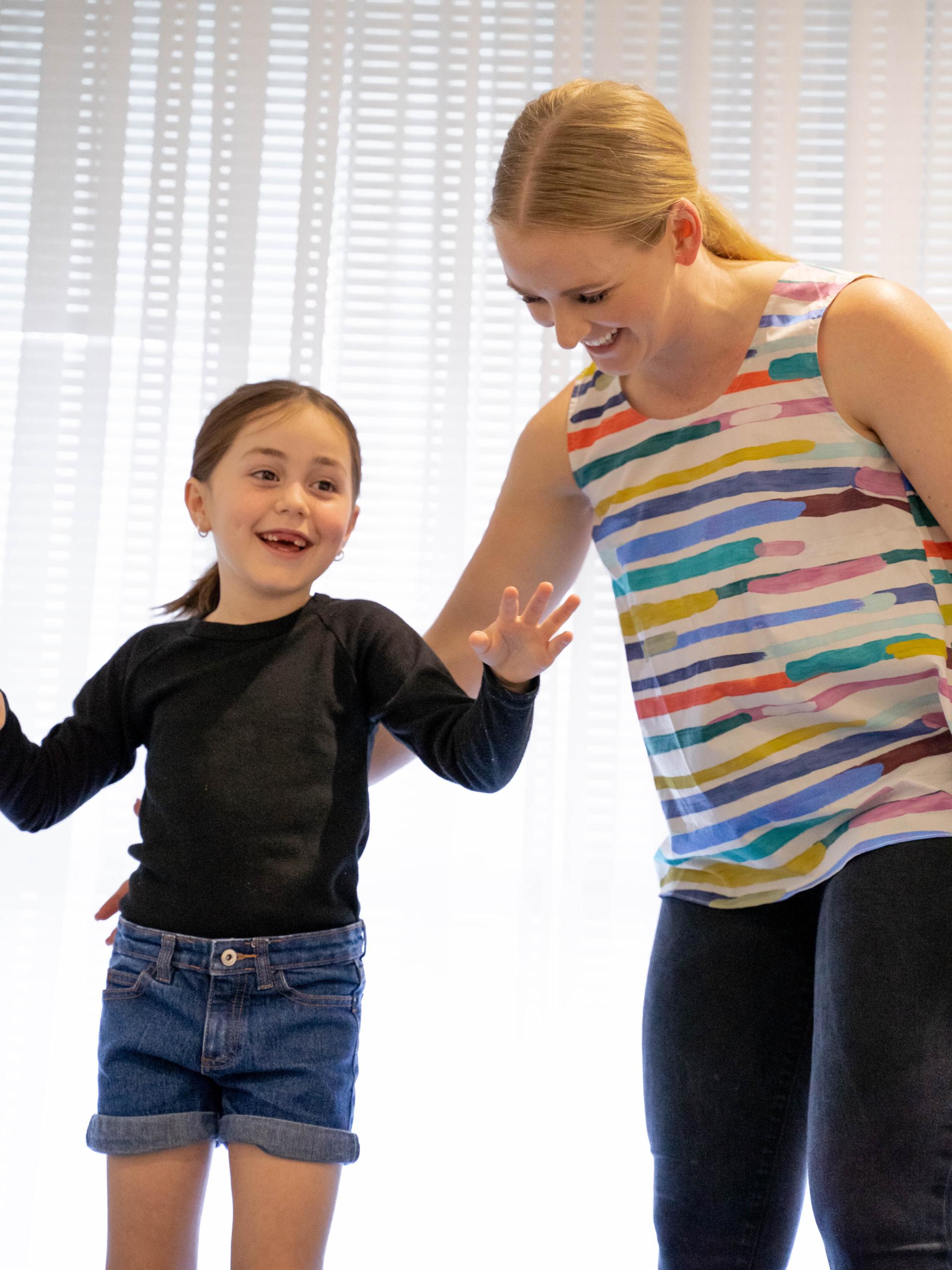Thriving Kids – A New Reform for Early Childhood Supports On the 20th August 2025, Minister Butler announced a reform […]

Thriving Kids – A New Reform for Early Childhood Supports
On the 20th August 2025, Minister Butler announced a reform to the NDIS: the Thriving Kids program. It
is set to commence 1 July 2026 and will continue to ramp up over 12 months. The Australian Government
has committed $2 billion to the program, which will be guided by the Thriving Kids Advisory Group,
co-chaired by Professor Frank Oberklaid, a paediatrician and researcher in child development and policy.
What we currently know
According to the Department of Health, Disability and Ageing’s fact sheet, the focus on Thriving Kids will
be on:
● Identifying developmental concerns earlier
● Building a national system of supports for children aged 8 years and under
● Providing support to children with “mild to moderate developmental delay, autism, and their
families”
Children with permanent and significant disability will continue to be supported through the NDIS.
The program is intended to build on existing mainstream and community services that families are already
connected to, including child and maternal health services, GPs, playgroups, early childhood education
and care, and schools. Digital and phone-based supports will also form part of the system.
At this stage, allied health is not listed specifically in the overview. It is unclear what role these services
will play. Children already receiving NDIS supports will continue under the usual arrangements, including
reassessments.
Looking ahead
We will continue to stay informed as more details about Thriving Kids become available. Current evidence
highlights the importance of early intervention for developmental concerns, with best practice approaches
often involving allied health, including physiotherapy.
Current National Guidelines for Best Practice in Early Childhood Intervention
The National Guidelines for Best Practice in Early Childhood Intervention outline how families and
professionals can work together to best support children with developmental delay or disability. Early
Childhood Intervention (ECI) best practice emphasises family-centred and strengths-based care, where
professionals work in partnership with families to support children with developmental delay or disability.
Physiotherapists play a key role in this approach by using capacity-building practices, coaching parents
and educators to embed strategies into everyday routines. Services are guided by evidence-based
practice, ensuring therapy is effective, accountable, and tailored to each child and family.
A focus on functional, outcome-based goals means physios help children participate in meaningful
activities at home, school, and in the community. Together, these principles ensure equitable, high-quality
ECI that empowers families and maximises each child’s development.
You can read the fact sheet on Thriving Kids here:
https://www.health.gov.au/sites/default/files/2025-08/thriving-kids-fact-sheet.pdf
You can read the PRECI National Guidelines here:
https://www.preci.org.au/wp-content/uploads/2023/12/National-Guidelines-for-Best-Practice-in-ECI_2016.pdf